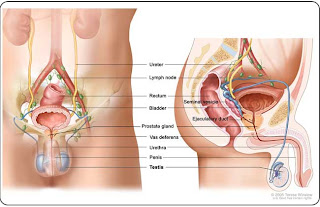Duhhhhh….does soda make you fat? Don’t know…but it might make you dumb. So says a recent study out of the University of California, Los Angeles, which observed what happened when rats were fed a steady diet of high-fructose corn syrup (HFCS), the principle constituent of soft drinks.
Researchers trained 24 rats over a five day period to complete a complicated maze (Barnes maze test, feeding them standard rat chow. They then randomly assigned the rats into four dietary groups: half receiving HFCS as their main beverage source, and half receiving water. Each group was then split into two, those with added omega-3 fatty acids to their diet (rat chow) and those without, so that the four groups looked like this:
- high-fructose corn syrup (HFCS) only
- high-fructose corn syrup (HFCS) + omega-3s
- water only
- water only + omega-3s
Second, although the rats were found to be in the same initial cognitive condition prior to their special diets, after six weeks the rats that were deficient in omega-3s showed a decline in memory, and thus a reduced ability to complete the maze. Hmmm…. And the results were even worse for the rats deficient in omega-3s and high in HFCS.
The researchers believe that the lack of omega-3s caused the brain to become insulin resistant, which would increase the sugar concentration in the blood. This sugar dysregulation then, they think, disrupts the brain’s ability to process sugar, a necessary food source for the brain to process thoughts and emotions.
“Insulin is important in the body for controlling blood sugar, but it may play a different role in the brain, where insulin appears to disturb memory and learning,” Gomez-Pinilla said.
High-fructose corn syrup is commonly found in soda, condiments, applesauce, baby food and other processed snacks. The average American consumes more than 40 pounds (18 kilograms) of high-fructose corn syrup per year, according to the US Department of Agriculture.
“Our findings illustrate that what you eat affects how you think,” said Gomez-Pinilla.
“Eating a high-fructose diet over the long term alters your brain’s ability to learn and remember information. But adding omega-3 fatty acids to your meals can help minimize the damage.”
So the take home lesson here is two-fold: One, and for me the most important, is to make sure you are getting sufficient omega-3s in your diet. Because the typical western diet is high in omega-6s and low in omega-3s, then supplementing, in my opinion, is the best bet.
And two…HFCS is garbage! I’ve been saying it for over a decade, and nothing’s come along to alter my opinion. The typical American is both omega-3 deficient AND consumes too much HFCS. Think about that if you still can…




















